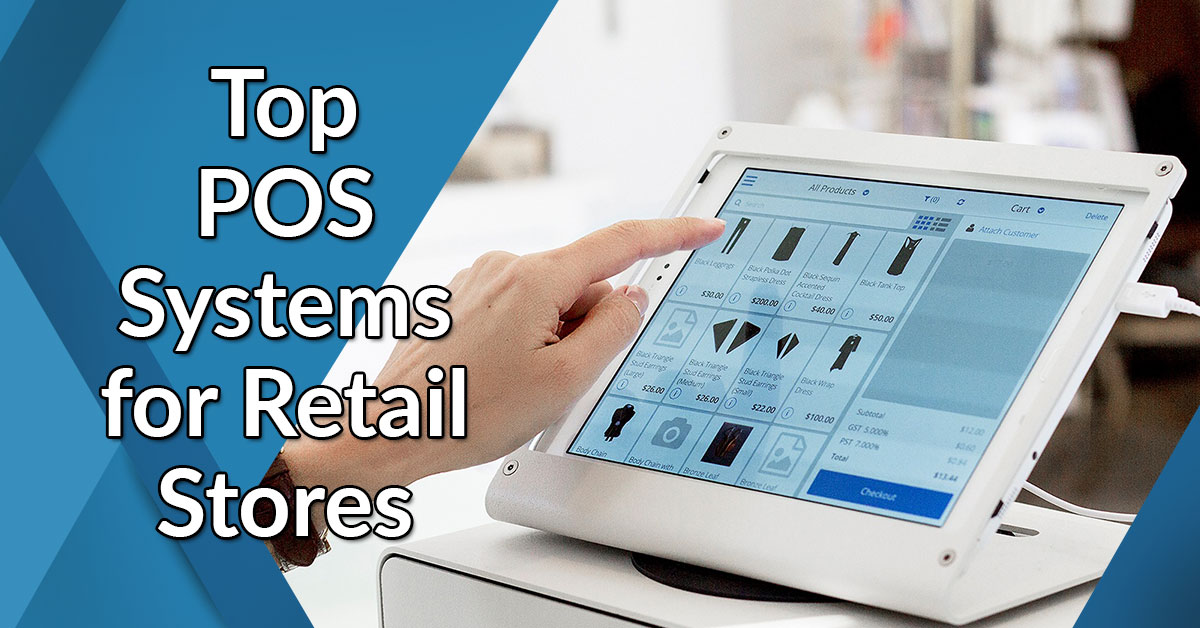
By alphacardprocess January 11, 2022
Retail Point of Sale systems are software applications that retailers use in the Point-of-Sale (POS) for calculating and recording sales transactions. Point-of-sale system contains all necessary components to record every aspect of a business’s sale, such as customer information, date and time, items sold and price paid. The main purpose of the POS system is to capture, calculate and total all information associated with a retail transaction. From this moment onwards, data captured will be stored in one of many different types of database management systems that are used for storing transactional data.
Retail Point of Sale is an electronic tool that manages point-of-sale transactions at the checkout lane. It scans items, calculates taxes and determines discounts all while capturing the transaction data to be processed later.
Retail Point of Sale systems manage every aspect of the retail environment. They are responsible for maximizing checkout speed, ensuring proper security, handling difficult customer issues effectively and even managing inventory levels through integration with warehouse management systems.
With retail Point of Sale system retailers can manage daily operations. Specific tasks that are typically performed with a POS system include:
- Take customer order which includes obtaining information about the customer’s address, items purchased, and method of payment.
- Calculate taxes and determine discounts based upon local region or type of customer. This may also include sales-based discounts or deductions for total purchases, number of items per purchase or similar categories.
- Manage the inventory by recording each sale as a purchase in the warehouse management system. This includes updating quantity on hand figures to reflect stock removed with each sale and tracking quantities sold through reports generated by POS.
- Manage cash transactions.
- Prepare and produce reports to be used in business planning, inventory management and other areas.
- Maintain security by controlling access to the POS system and restricting access to individual menus for employees who do not require particular functions. It is also important that the system limits actions an employee can perform so as to avoid accidental data modification or deletion.
- Maintain system security by controlling access to the POS system and restricting access to individual menus for employees who do not require particular functions. It is also important that the system limits actions an employee can perform so as to avoid accidental data modification or deletion.
- Centralize management of multiple locations with multi-site retail Point of Sale software.
- Process credit card transactions directly through the POS system, reducing processing fees and ensuring accuracy of transactions.
- Maintain connections with other business applications such as voice and data networks, automated warehouse systems and accounting packages to support integrated workflows.
- Include features for return management to ensure that customers receive full value for their money. This includes accepting returns, issuing credits and handling exchanges
- Track and manage company and customer returns and exchanges (merchandise that is ordered but never sold).
- Track orders placed by customers to ensure that the right products are received in a timely fashion
- Maximize inventory accuracy – POS software automatically updates inventory records when products are purchased or returned.
- Collect valuable information about customers to use in future marketing campaigns through the use of pre-filled order forms, customer address updates and similar features which pre-populate data that can be captured by a POS system at checkout.
- Track employee hours worked and ensure that employees cannot clock in for other employees. This ensures that employees are not paid for hours they did not work.
- Manage discounts or rewards programs that reward customers with merchandise, special discounts or cash back on future purchases based upon total spending over time. This can be managed by POS software to issue vouchers at checkout rather than requiring customers to present the vouchers at a later date.
- Ensure that product pricing is accurate and reflects current market conditions. This is critical in industries such as perishable goods where pricing must be adjusted frequently.
- Track warranty date and shipments for out of warranty products to facilitate replacements at minimal cost.
- Balance cash drawer at the end of each shift or day.
